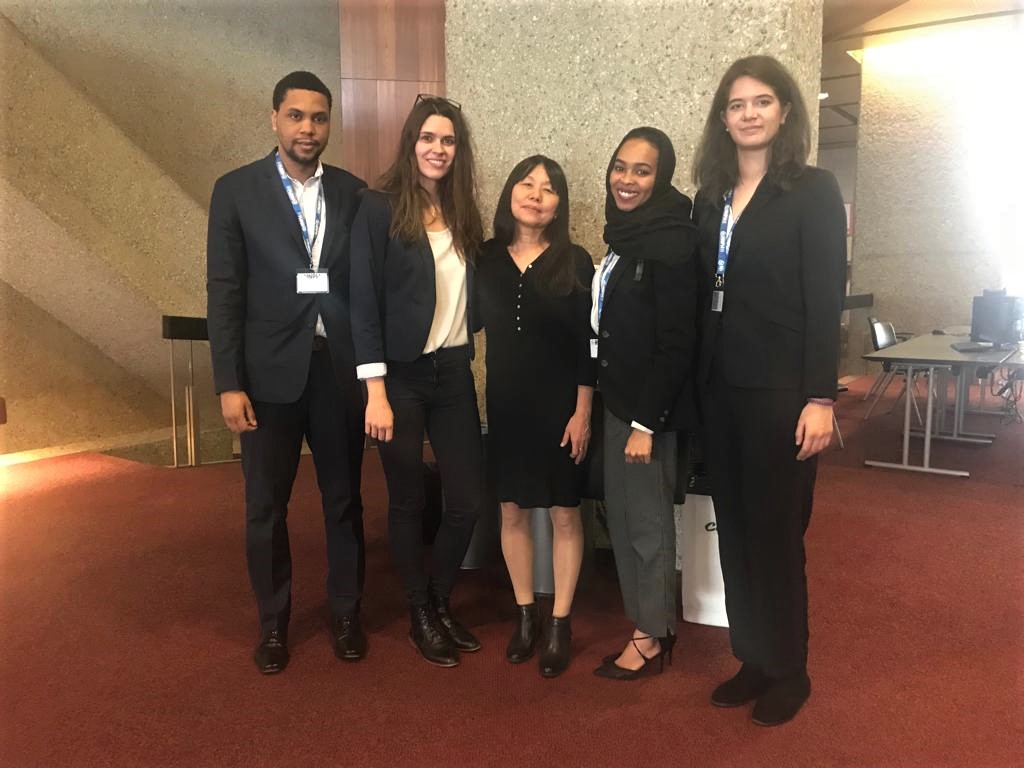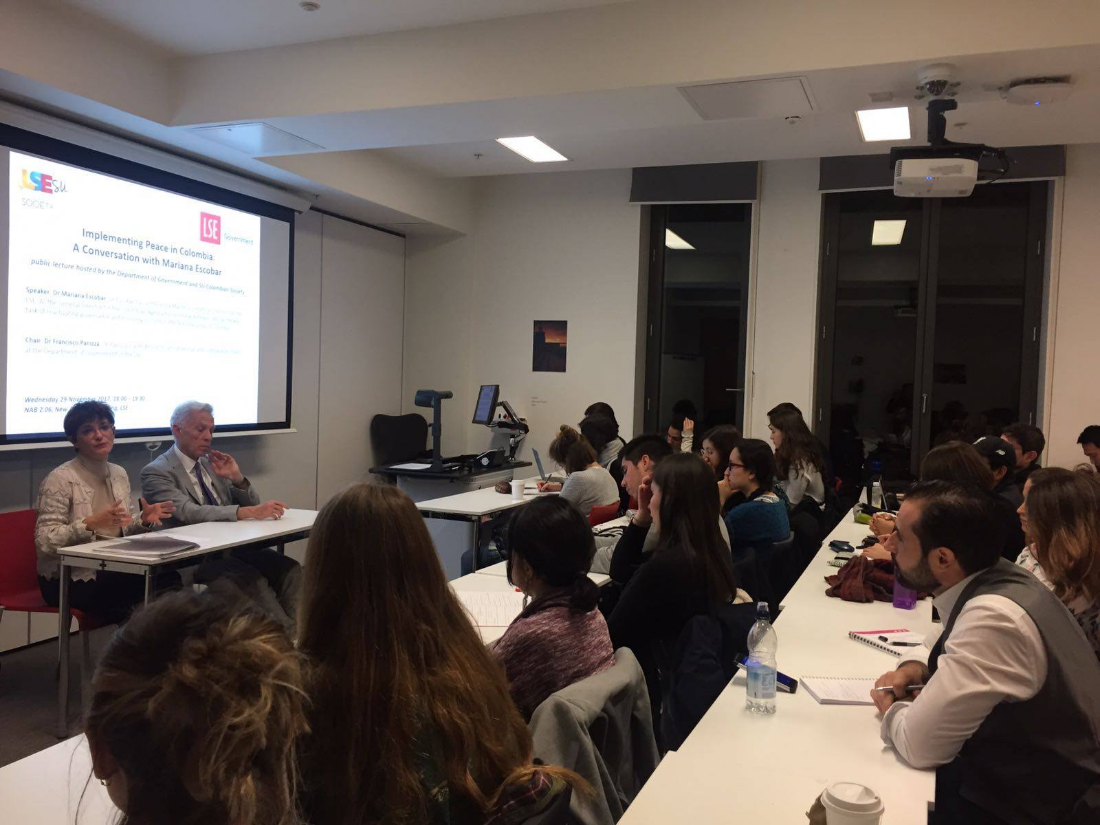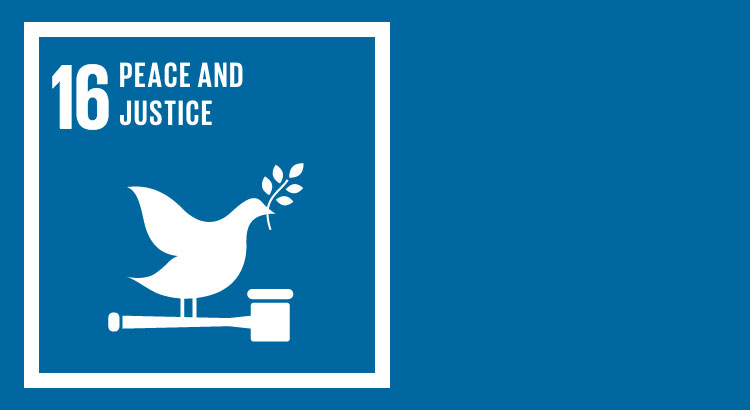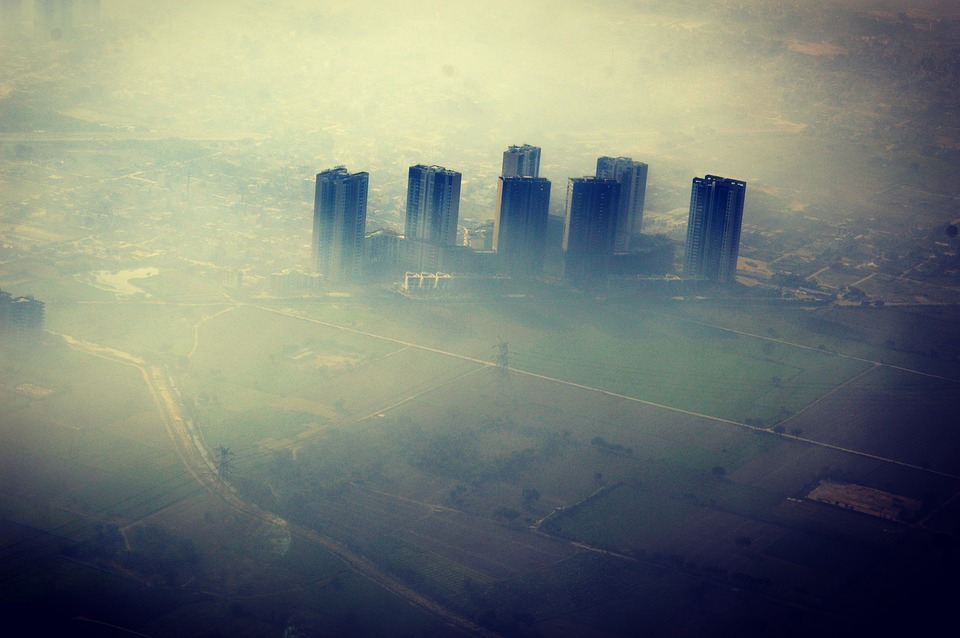The Development Management consultancy experience gives students the opportunity to work with organisations in the real-world and on hot topics that have the potential to influence policy. Michelle Mülhausen, Emma Tuck and Heather Zimmerman give an insight into their consultancy experience with Chatham House, in partnership with Médecins Sans Frontières (MSF) and the International Committee of the Red Cross (ICRC).
What should we take from current practice in reporting on attacks on healthcare? This is the underlying question of the consultancy project that International Development and Humanitarian Emergencies Msc students Michelle Mülhausen, Emma Tuck and Heather Zimmerman are currently undertaking for Chatham House in partnership with Médecins Sans Frontières (MSF) and the International Committee of the Red Cross (ICRC).
You most likely are familiar with reports about Syrian hospitals being bombed, presumably, by the Syrian regime forces or their ally, Russia. And while this might not be particularly new to you, you may have noticed the targeting of healthcare facilities has been increasing in recent years. Or that’s what we thought. Journalists, media outlets, academics and humanitarian organisations alike have suggested such claims with language that highlights the extreme nature of the issue with Health care ‘under fire’, ‘in danger’ and ‘under attack’.
The deliberate destruction of medical facilities is a heinous violation of International Humanitarian Law and a war crime that targets basic services, life support and the most vulnerable populations. Statements of increasing attacks and the worsening nature of attacks however appear to lack robust evidence, clear methodologies or comprehensive coverage for data collection, causing a disconnect between global opinion and ground reality.
Based on this disconnect, our research group has been interrogating the strengths and weaknesses of the current practice in reporting attacks on health care and the discourse that surrounds it. We have been assessing how far the existing data can serve as an evidential base to establish global patterns and trends in attacks as well as theories which can inform future policy making for the prevention and mitigation of such attacks. To address this question we took on a two month, multi-database, multi-discipline global, rapid review of existing empirical evidence and literature on attacks on healthcare, the findings from which we wanted to test on experts.
On 26th January, a frosty Thursday, we successfully brought together a dozen experts working for a broad spectrum of organisations, Chatham House, ICRC, MSF, Mayday Rescue (the White Helmets in Syria), Save the Children and King’s College London. In the complex world of policy makers, academics and practitioners, initial findings of the rapid review were presented. After three hours of discussion, participants and facilitators emerged with fascinating, fresh and exciting reflections on the findings that will guide future research, policy engagement, and practice.
With a lens sensitive to the framing of discourse on attacks applied, the analysis detected important gaps in the evidence base whilst raising more elaborate questions concerning the interaction between and consequences of geopolitics and humanitarian discourse in catapulting images of bombed hospitals in Syria into the center of global media attention. Intense discussion surrounded the poverty in empirical evidence in existing data used to back up facts, questioning accuracy and more importantly the way incidents are framed leading to unintended consequences for those directly affected by attacks.
Debates engulfed practical aspects of the process recording and reporting attacks, the (un)availability of rigorous methods, common definitions, indicators and standards to guarantee comparability and inclusion of various forms of attacks in diverse contexts, raised a lot of concern. Theories emerged over the gap between the increased attention on particular conflict ‘hotspots’ and under-reporting of violence on health care in other settings was largely acknowledged. Clear avenues emerged for further research and policy advice to address the discrepancy between current practice in reporting and what ought to be best practice.
The final report will be presented at Chatham House in the third week of March, further developing the issues which emerged in the debate, wider research and expert interviews. Questions over what happens with this research next are prominent and there is interest to utilise the report and it’s finding in future research, practice and policy work. Watch this space.
If you are interested in finding out more about the consultancy projects conducted by LSE students, they are part of the LSE MSc International Development and Humanitarian Emergencies programme and allow students to gain practical experience in humanitarian consultancies, working in small teams for a variety of real clients on urgent policy issues.
Michelle’s background is in the intersection of political science and journalism and her research interests revolve around conflict, health and gender. Heather, has been working in Uganda in the health sector and holds research and policy interests in gender-related violence. Emma comes from the humanitarian sector, both nationally and globally, with focus on conflict and public health, her research interests lie in civil society and public health.
The views expressed in this post are those of the author and in no way reflect those of the International Development LSE blog or the London School of Economics and Political Science.





